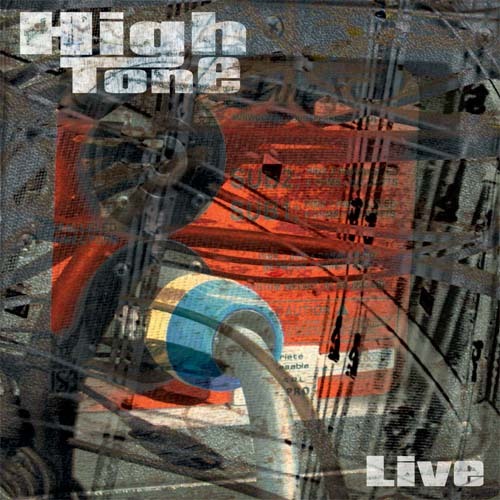
Daughter of a music teacher and a singer/guitarist, Violeta Parra was influenced by her parents since being a child. At the age of nine, the young girl started singing and playing guitar, soon composing traditional Chilean music. After getting married to Luis Cereceda in 1952, the singer/songwriter began touring the country, assimilating the natural charm of her native land, which mostly inspired her work. In 1954, Violeta Parra moved to Europe, deciding to settle down in France, where the artist started recording her poetic songs.
When returning to Chile in 1958, Violeta Parra got involved in painting and sculpture, extending her artistic skills even more. In 1961, the singer returned to Europe, this time singing along with her daughter Isabel Parra and her son Angel Parra being responsible for keeping their mother's legacy alive.
She was involved in the progressive movement and the Communist Party of Chile. She revived the Peña (now known as La Peña de Los Parra), a community center for the arts and for political activism. Some think she established the first 'peña' but according to the records of the Royal Academy of Spanish Language, places such as these had been called that since 1936.
Violeta Parra was a member of the prolific Parra family. Among her brothers were the notable modern poet, better known as the "anti-poet", Nicanor Parra and fellow folklorist Roberto Parra. Her son, Ángel Parra, and her daughter, Isabel Parra, are also important figures in the development of the Nueva Canción Chilena. Their children have also mostly maintained the family's artistic traditions.
In 1967 Violeta Parra committed suicide by a gunshot to her head. She had previously been romantically involved with Swiss flautist Gilbert Favre.
Violeta Parra was an amazing woman who nearly single-handedly launched a revolution in music, art and culture in Chile... and went on to inspire a political revolution as well. She set the basis for "Chilean' New Song", the "Nueva canción chilena", a renewal and a reinvention of Chilean folk music which would absorb and extend its influence far beyond Chile.
"Las Ultimas Composiciones" is an excellent collection of 14 songs ranging from sweet lyricism to driving resistance. It is the last recording issued in her lifetime and many of the songs include accompaniment by Alberto Zapican and Violeta's children, Isabel and Angel Parra. The most renowned song of this album, Gracias a la Vida (Thanks to Life), was popularized throughout Latin America by Mercedes Sosa and later in the US by Joan Baez. It remains one of the most covered Latin American songs in history.
"Gracias a la vida" was written and recorded following Parra's separation with her long-time partner and shortly before she took her own life. Parra's lyricism is ambiguous; at face value, Parra's lyricism may be read as a romantic celebration of life and individual experience, however the circumstances surrounding the song suggest that Parra also intended the song as a sort of suicide note, thanking life for all it has given her. It may even be read as sarcastic or ironic, pointing out that a life full of good health, opportunity and worldly experience may not offer any consolation to grief and the contradictory nature of the human condition.
Tracklist:
1.Gracias a la vida (Violeta Parra)
2.El «albertío» (Violeta Parra)
3.Cantores que reflexionan (Violeta Parra)
4.Pupila de águila (Violeta Parra) with Alberto Zapicán
5.Run-Run se fue pa’l norte (Violeta Parra)
6.Maldigo del alto cielo (Violeta Parra) with Alberto Zapicán
7.La cueca de los poetas (Nicanor Parra - Violeta Parra) with Alberto Zapicán
8.Mazúrquica modérnica (Violeta Parra)
9.Volver a los diecisiete (Violeta Parra)
10.Rin del angelito (Violeta Parra)
11.Una copla me ha cantado (Violeta Parra) with Alberto Zapicán
12.El guillatún (Violeta Parra)
13.Pastelero, a tus pasteles (Violeta Parra)
14.De cuerpo entero (Violeta Parra)
Violeta Parra - Las Ultimas Composiciones (1966)
(192 kbps, front cover included)
 "The Best of Chess Rock & Roll" gives a good portrait of the seminal record label's massive contributions to rock & roll.
"The Best of Chess Rock & Roll" gives a good portrait of the seminal record label's massive contributions to rock & roll.










.jpg)





